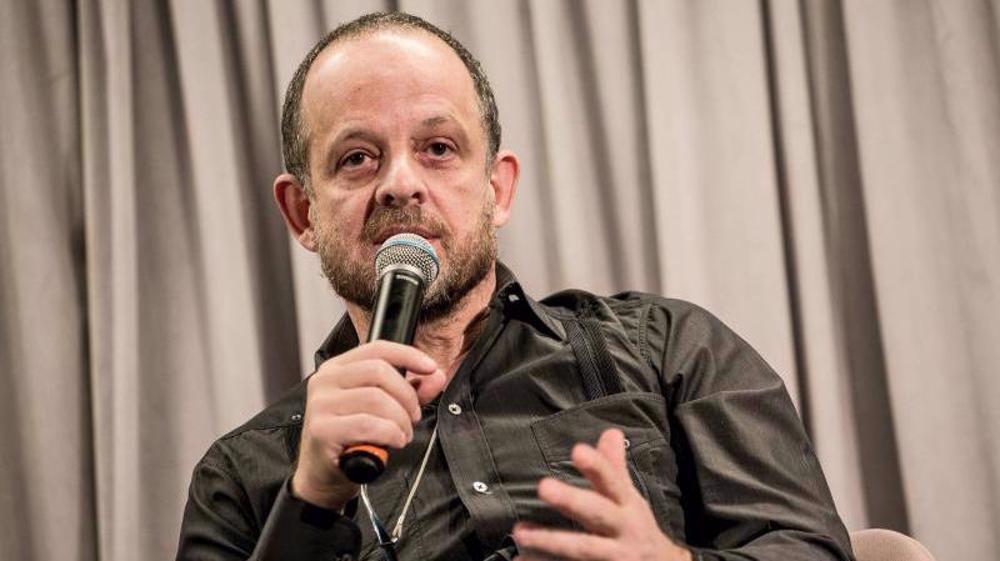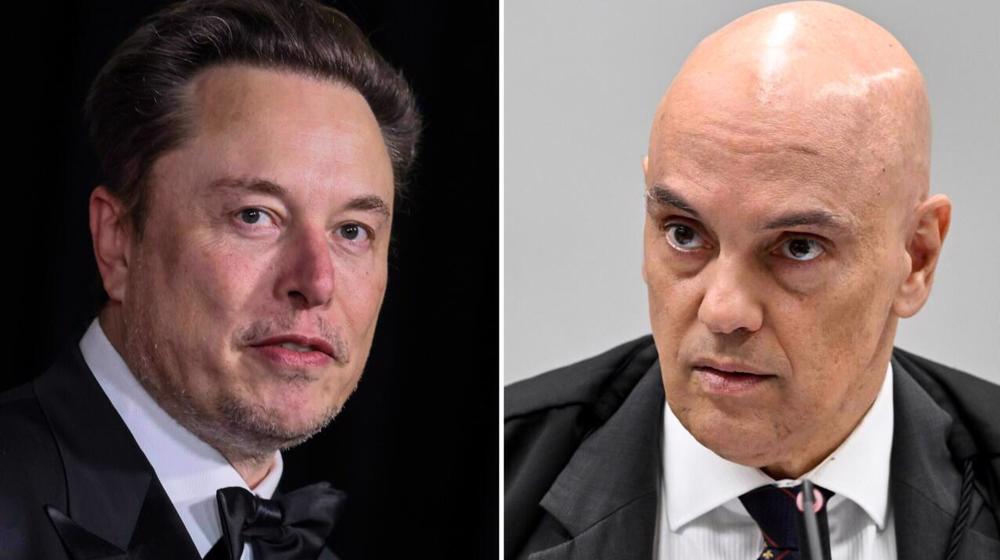Brazil president faces racketeering, obstruction of justice charges
Brazilian President Michel Temer has been accused of racketeering and obstruction of justice, adding two more charges to the previous ones.
Temer "acted as leader of a criminal organization", according to a statement posted by Chief Prosecutor Rodrigo Janot on Thursday.
The prosecutor stated Temer’s gang made up of senior members of his PMDB party had allegedly taken $190 million in bribes in return for contracts at public companies.
The charges derive in part from testimony given by the owners of the world's largest meat packer, JBS, brothers Joesely and Wesley Batista.
They told prosecutors that they met Temer at his home and secretly recorded him allegedly discussing paying hush money to a witness.
Temer has denied the recording shows anything incriminating.
His lawyers also challenged the testimony saying it was unreliable because Joesely Batista withheld information from prosecutors.
It is the second set of criminal charges filed against the president based on the plea-bargain testimony of the JBS meat packers.

They accused Temer of taking bribes in return for political favors and of conspiring to buy the silence of a witness who could implicate the leader.
In a statement on Thursday, Temer strongly rejected all allegations of wrongdoing.
Temer's earlier corruption charge, that he took bribes from JBS executives, was blocked in August by his allies in the lower house of Congress, which has the power to decide whether a president should stand trial by the Supreme Court.
Despite the lower house's move to block the charges, they remain valid and can be pursued by prosecutors once Temer leaves office. His term ends on January 1, 2019.
Brazil's sprawling corruption probes have resulted in former President Luiz Inacio Lula da Silva's conviction and four pending trials; investigations and charges implicating three former presidents and dozens of members of Congress; and guilty verdicts against well over 100 powerful business and political figures.
Most of the schemes involve political kickbacks in return for contracts at government-run enterprises or cheap loans from Brazil's state development bank.
The racketeering charge against Temer was based on the plea bargain testimony of Lucio Funaro, a businessman who accused the president and his closest aides in the ruling PMDB party of operating a criminal organization to collect bribes in exchange for political influence.
The obstruction of justice charge was based on testimony by Joesley Batista that Temer endorsed payments of hush money to try to keep Funaro from talking.
Malaysia working on resolution to expel Israel from United Nations
Israeli military made no territorial gain in Lebanon: Report
VIDEO | 70 Palestinians killed in Israeli strikes across Gaza Strip
US Election Day: First votes cast in New Hampshire
Nov. 4: ‘Axis of Resistance’ operations against Israeli occupation
Britons demand release of pro-Palestine activists
VIDEO | Israel's unwinnable war in Lebanon
Non-aligned nations condemn Israeli violation of Iran's sovereignty














 This makes it easy to access the Press TV website
This makes it easy to access the Press TV website